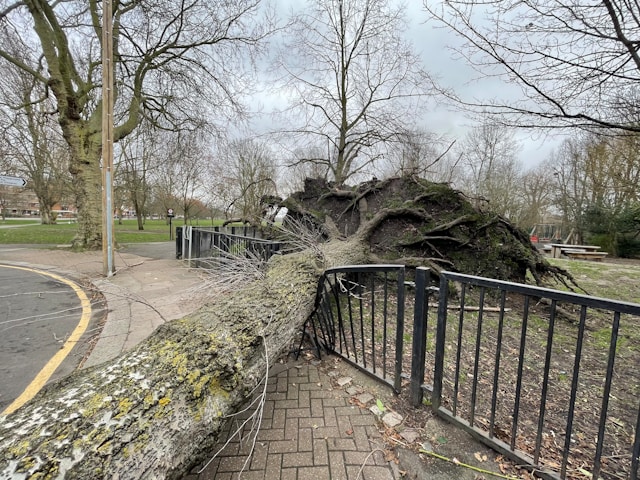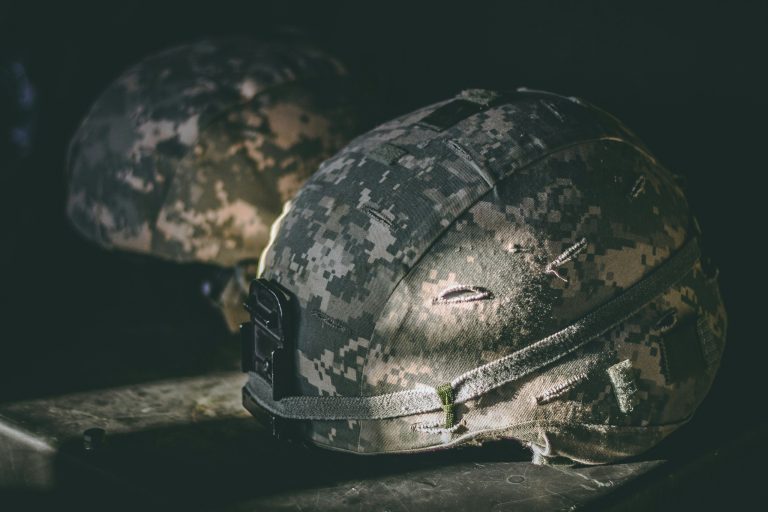
When asked what happened in an automobile collision, drivers often give varying accounts. It might be difficult for the courts or insurance companies to determine what happened and who is at fault when witnesses’ stories differ greatly. A witness’s statement can be extremely useful in certain cases because it is given by someone who was not directly involved in the events.
You must contact an attorney today to build a strong case to ensure your rights are protected, you can properly negotiate with the other party’s insurance company, and you can receive the compensation you deserve.
I was in a car accident; how might a witness help my case?
A neutral third-party witness is someone who was not involved in the collision and can, therefore, give an unbiased account of what they saw. Since they were not hurt and were not participating, they could be able to give more exact facts and specifics than either of the drivers. After an incident, it is often necessary to interview witnesses while their memories are still clear. Their eyewitness accounts can sway the court’s or insurance adjuster’s decision if they corroborate your account of the events.
What Factors Affect the Reliability of a Witness?
Your truck accident attorney in Las Vegas will do their best to locate a reliable witness to corroborate your story. It is important to evaluate a witness’s credibility before requesting them to appear in court because the insurance company would likely try to cast doubt on their veracity, especially in very large claims. Some examples are:
- The eyewitness needed a vantage position to see what happened before and after the crash. It would have been best if they had seen what was happening before they heard the screeching of tires and the crash of metal.
- It is crucial that a witness was not preoccupied with anything else at the time of the incident. Being preoccupied with something else, such as another pedestrian, a conversation, or a phone call, increases the risk of an accident.
- Problems with the witness’s health, such as dementia, impaired hearing or vision, or intoxication at the time of the accident, can cast doubt on their account of what happened.
- The defendant can call the witness’s character into question if they wish to cast doubt on their reliability. Your witness should have a spotless record in court and never have committed any serious crimes.
The insurance company will get in touch with the witnesses after you make a claim and record their statements to use in determining liability.






